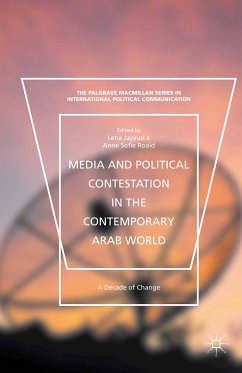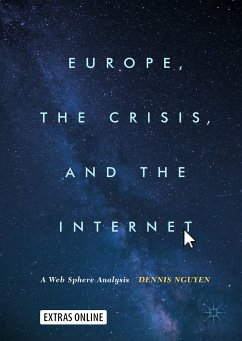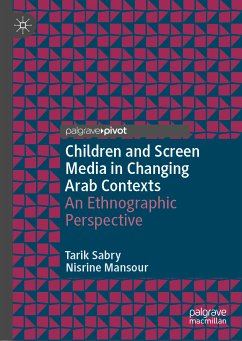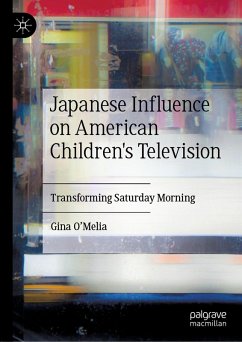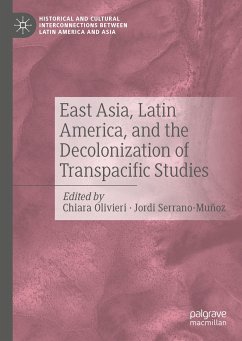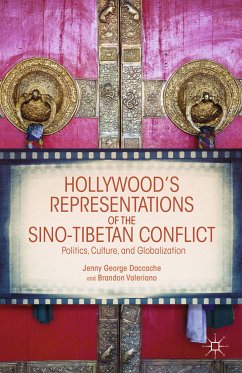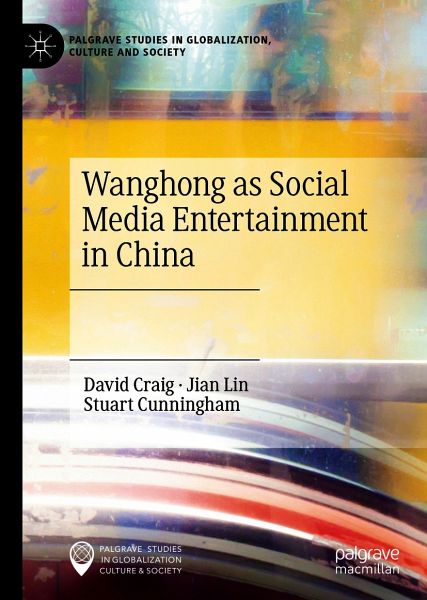
Wanghong as Social Media Entertainment in China (eBook, PDF)
Versandkostenfrei!
Sofort per Download lieferbar
48,95 €
inkl. MwSt.
Weitere Ausgaben:

PAYBACK Punkte
24 °P sammeln!
In Chinese, the term wanghong refers to creators, social media entrepreneurs alternatively known as KOLs (key opinion leaders) and zhubo (showroom hosts), influencers and micro-celebrities. Wanghong also refers to an emerging media ecology in which these creators cultivate online communities for cultural and commercial value by harnessing Chinese social media platforms, like Weibo, WeChat, Douyu, Huya, Bilibili, Douyin, and Kuaishuo. Framed by the concepts of cultural, creative, and social industries, the book maps the development of wanghong policies and platforms, labor and management, conte...
In Chinese, the term wanghong refers to creators, social media entrepreneurs alternatively known as KOLs (key opinion leaders) and zhubo (showroom hosts), influencers and micro-celebrities. Wanghong also refers to an emerging media ecology in which these creators cultivate online communities for cultural and commercial value by harnessing Chinese social media platforms, like Weibo, WeChat, Douyu, Huya, Bilibili, Douyin, and Kuaishuo. Framed by the concepts of cultural, creative, and social industries, the book maps the development of wanghong policies and platforms, labor and management, content and culture, as they operate in contrast to its non-Chinese counterpart, social media entertainment, driven by platforms like YouTube, Facebook, Instagram, and Twitch. As evidenced by the backlash to TikTok, the threat of competition from global wanghong signals advancing platform nationalism.
Dieser Download kann aus rechtlichen Gründen nur mit Rechnungsadresse in A, B, BG, CY, CZ, D, DK, EW, E, FIN, F, GR, HR, H, IRL, I, LT, L, LR, M, NL, PL, P, R, S, SLO, SK ausgeliefert werden.



